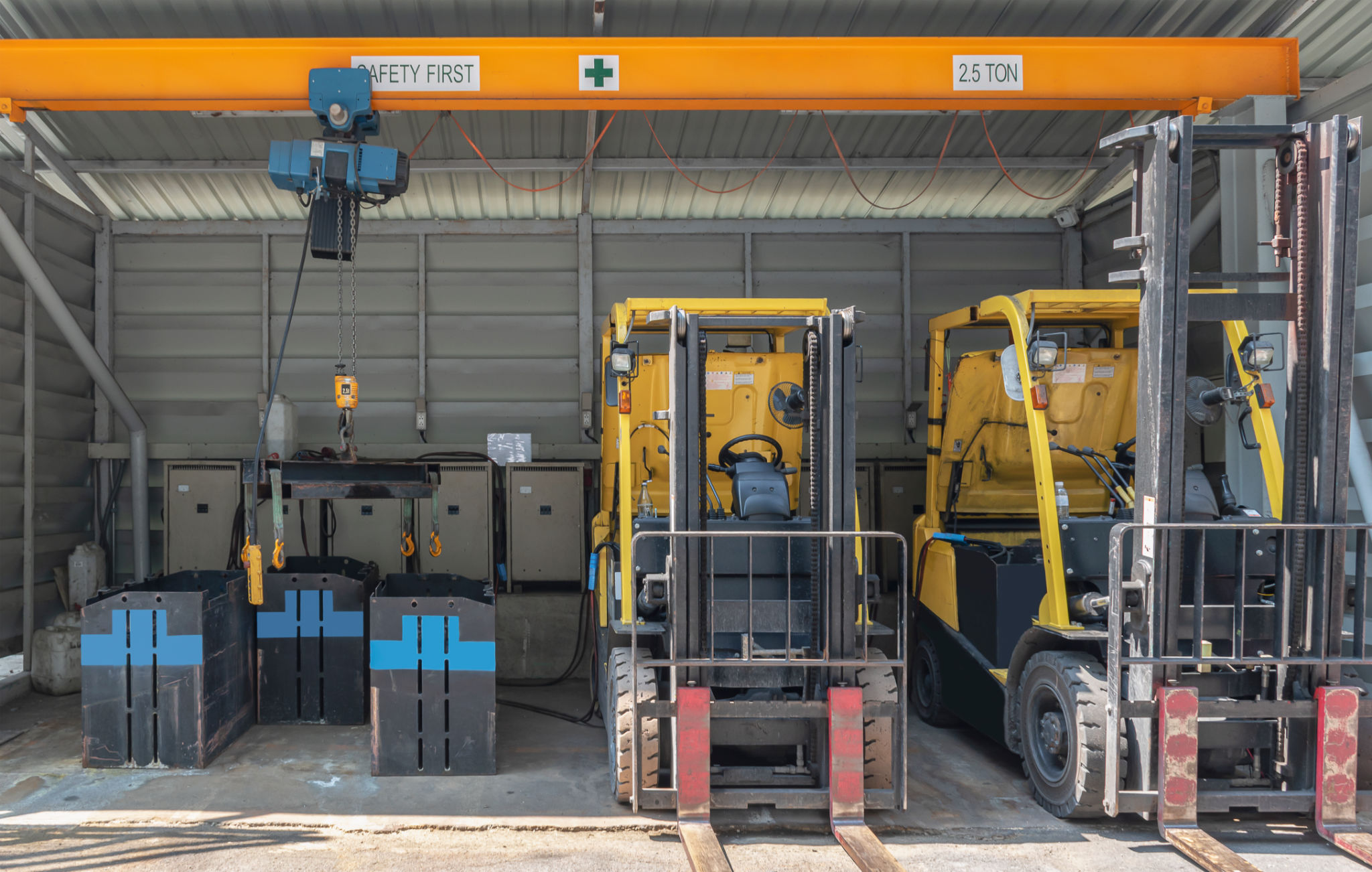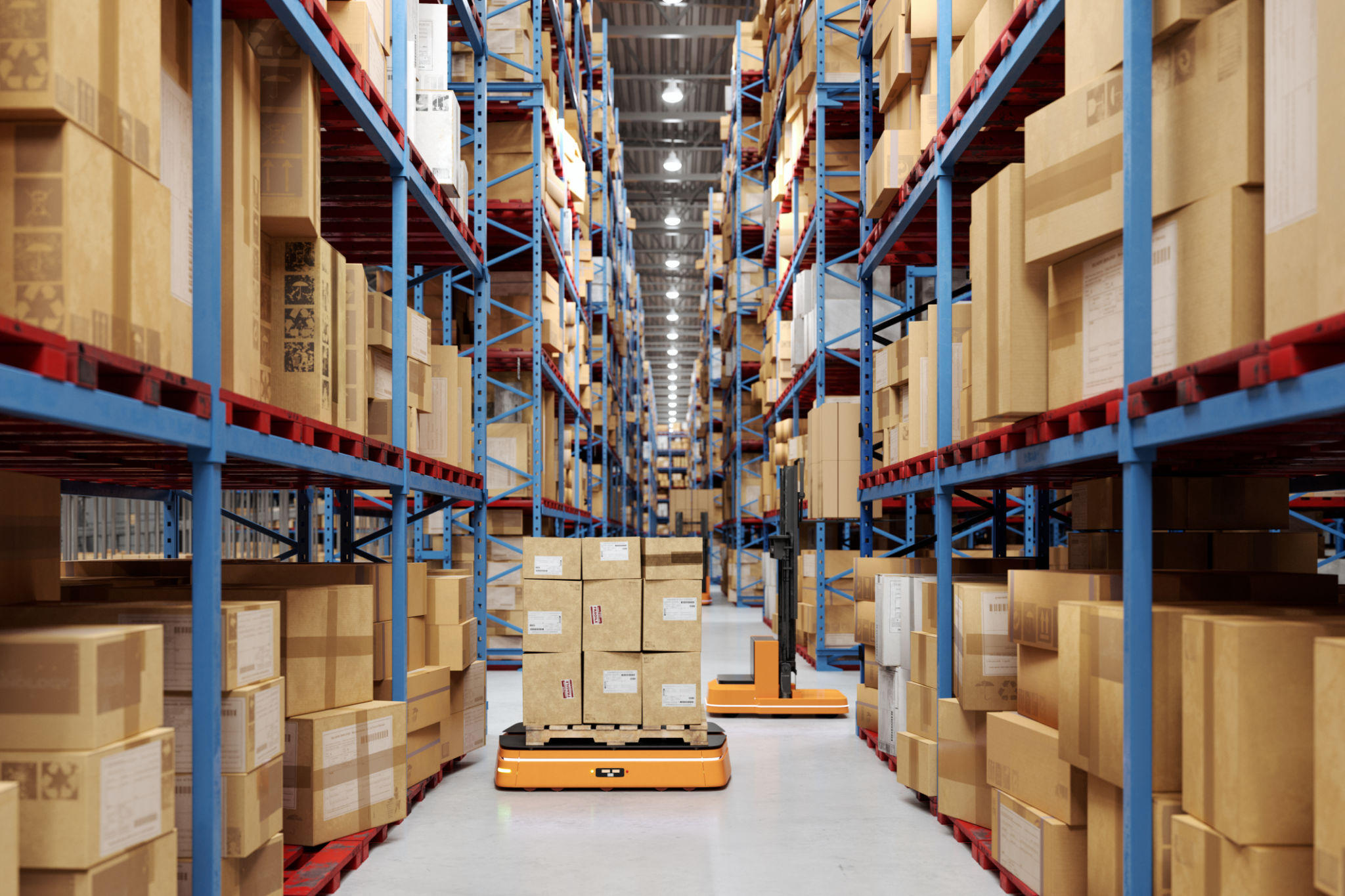How Lithium Forklift Technology is Revolutionizing Material Handling
The Rise of Lithium Forklift Technology
In recent years, the landscape of material handling has undergone a significant transformation, driven by advances in technology. One of the most groundbreaking developments is the introduction of lithium-ion batteries in forklifts. Unlike traditional lead-acid batteries, lithium-ion technology offers numerous advantages that are revolutionizing the way warehouses and distribution centers operate.
Lithium-ion batteries provide a more efficient and sustainable solution for powering forklifts. They are known for their long lifespan and minimal maintenance requirements, making them an attractive option for businesses looking to reduce operational costs and improve productivity.

Enhanced Efficiency and Performance
One of the key benefits of lithium-ion forklift technology is its ability to deliver enhanced performance. Lithium batteries are capable of maintaining a consistent power output throughout their charge cycle, ensuring that forklifts operate at peak efficiency from start to finish. This is a marked improvement over lead-acid batteries, which can experience a drop in performance as they discharge.
In addition, lithium-ion batteries charge much faster than their lead-acid counterparts. This capability drastically reduces downtime, allowing forklifts to spend more time in operation and less time tethered to charging stations. As a result, businesses can achieve higher productivity levels and optimize their workflow.
Environmental and Financial Benefits
Adopting lithium forklift technology also offers significant environmental advantages. Lithium-ion batteries are more environmentally friendly, as they do not contain harmful substances like lead and acid. This makes them easier to recycle and reduces the carbon footprint associated with material handling operations.
From a financial perspective, while the initial investment in lithium-ion technology may be higher, the long-term savings are substantial. These batteries have a longer lifespan and require less maintenance, leading to reduced replacement and upkeep costs over time. This makes them a cost-effective solution for businesses focused on sustainability and efficiency.

Safety and Reliability
Safety is a paramount concern in material handling environments, and lithium-ion batteries offer several safety advantages. They are designed with integrated safety features such as battery management systems (BMS) that monitor cell temperature and voltage, minimizing the risk of overheating or failure.
Moreover, lithium-ion batteries do not emit harmful gases during charging, eliminating the need for special ventilation systems that are often required with lead-acid batteries. This not only enhances workplace safety but also reduces additional infrastructure costs.
Applications Across Industries
The versatility of lithium forklift technology allows it to be applied across various industries, including manufacturing, logistics, retail, and more. Companies that adopt this technology can benefit from increased agility and adaptability in their operations, leading to improved service delivery and customer satisfaction.

The shift towards lithium-ion technology is a step forward in modernizing material handling practices. As businesses continue to seek solutions that offer efficiency, sustainability, and safety, lithium-ion forklifts stand out as a transformative choice. By embracing this technology, companies can position themselves at the forefront of industry innovation, ready to meet the demands of a rapidly evolving market.
